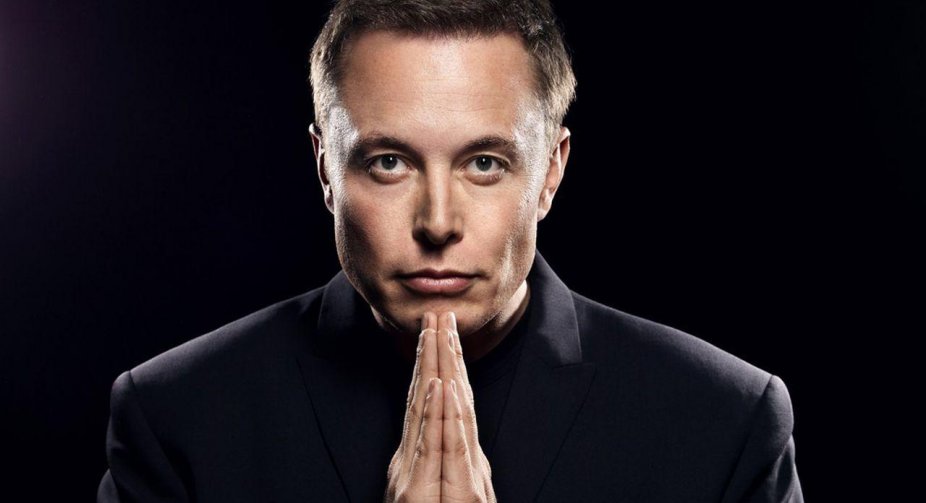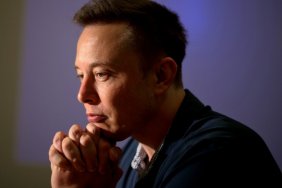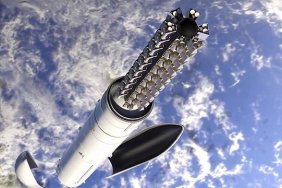American businessman Ilon Musk received positive praise in the West with Starlink Ukraine after the start of the Russian invasion, but it was perceived differently in China, writes the Financial Times.
A few days after Putin ordered Russian troops into Ukraine, Elon Musk decided to support Kiev. Less than 48 hours later, Musk's commercial rocket and satellite business SpaceX sent a shipment of Starlink satellite kits to protect the country's Internet network from Putin's forces.
"Musk was praised in the West, but his help was perceived differently in China, a critical growth market for his business empire, where Tesla generates a quarter of its revenue," the publication wrote.
According to the FT, the richest man on Earth is now under pressure from Beijing's national security service and information hawks threatening his access to the world's largest consumer market, as tensions with the United States grow and local competitors for electric cars. approach Tesla.
Blaine Curcio, founder of the space technology research group Orbital Gateway, said the "serious anxiety in China" was due to the fact that SpaceX and Starlink were considered critical parts of the "U.S. space military-industrial complex."
Starlink has more than 2,000 satellites in low Earth orbit, and Musk plans to deploy thousands more. As the constellation expands and the space race between the U.S. and China accelerates, experts warn that the billionaire will struggle to balance the competing interests of the superpowers.
Beijing's military planners fear a scenario in which thousands of Musk's satellites would be deployed to monitor China or, more importantly, to support Taiwan, a democracy whose sovereignty is claimed by Beijing, the paper notes.
Former U.S. Defense Department spokesman Drew Thompson said Musk's donation to Starlink after Russia's invasion of Ukraine raised "awareness of the utility and effectiveness" of low-orbiting satellites to support communications systems in time of war.
In December, Chinese diplomats complained to the UN that SpaceX satellites had forced the Chinese space station to maneuver to avoid dangerous collisions. These allegations sparked a wave of insults against Musk on social media.
The criticism intensified after Putin's invasion of Ukraine. China Military Online, the official publication of the country's People's Liberation Army, last month criticized SpaceX's deep ties to the U.S. military, including commercial contracts with the military, and criticized Starlink's ability to "enhance the combat capability of the U.S. military."
In early March, the first shipment of Starlink satellite Internet stations arrived in Ukraine.


